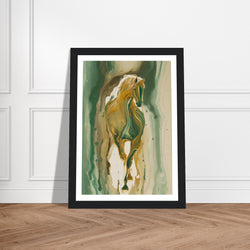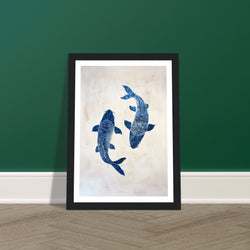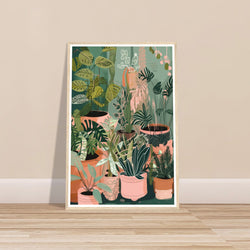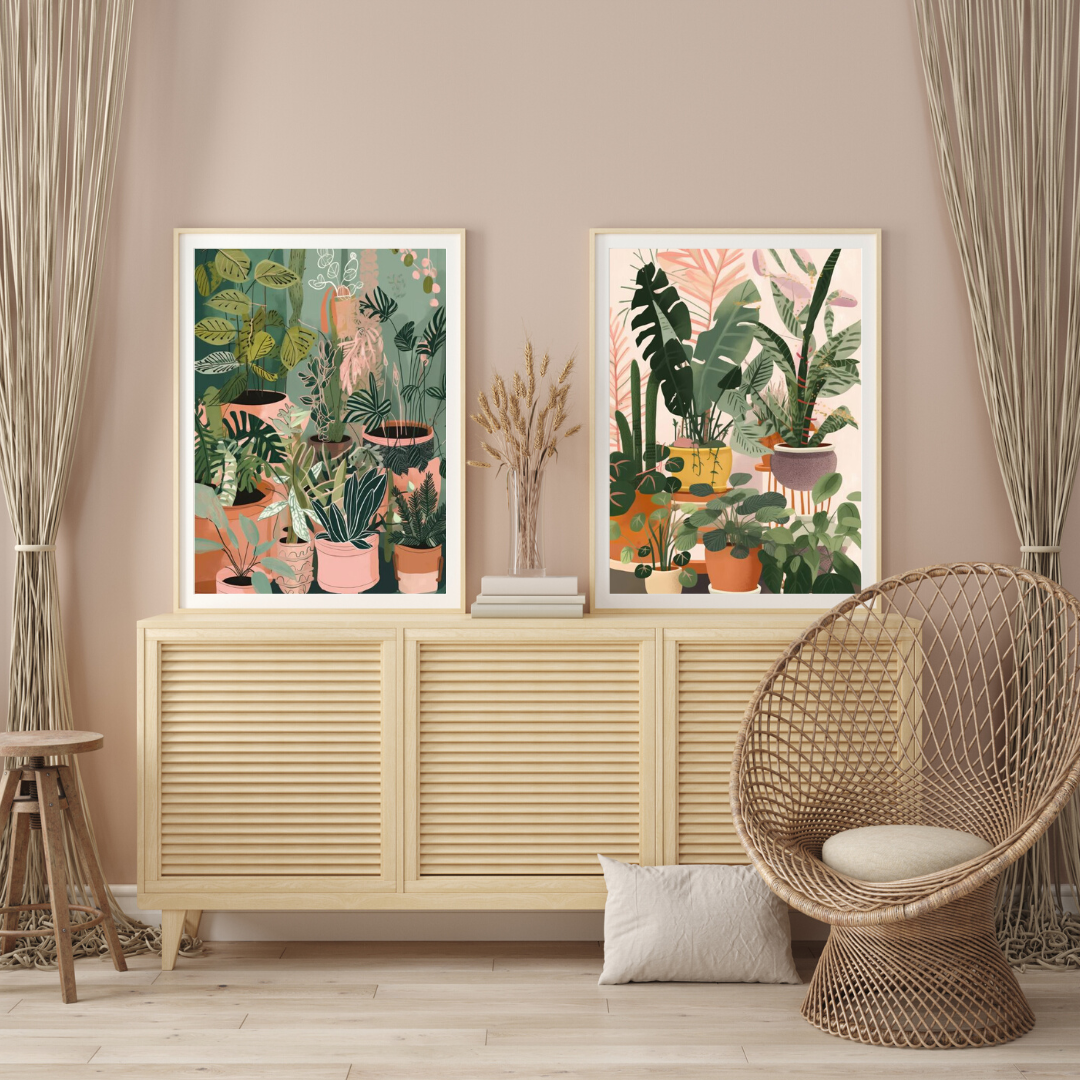In today's fast-paced and cluttered world, many people are finding solace in the simplicity of minimalist design. With its clean lines, neutral colors, and focus on functionality, minimalism has become a popular choice for interior design, including wall art. Minimalist wall art is all about simplicity and simplicity is key.
What is Minimalist Wall Art?
Minimalist wall art is a form of art that embraces the philosophy of minimalism. It typically features simple and abstract designs, often using geometric shapes and monochromatic color schemes. The focus is on clean lines, negative space, and a sense of calm and tranquility.
Minimalist wall art can come in many forms, including paintings, prints, photographs, and sculptures. It can be created using a variety of materials, such as canvas, metal, wood, or glass. The key is to keep the design minimal, with a focus on the simplicity of the form rather than intricate details or busy patterns.
The Benefits of Minimalist Wall Art
There are several benefits to incorporating minimalist wall art into your home or office:
- Less clutter: Minimalist wall art helps to create a sense of calm and order by reducing visual clutter. The simplicity of the design allows the space to breathe and feel more spacious.
- Timeless appeal: Minimalist design is timeless and doesn't tend to go out of style. By choosing minimalist wall art, you can be confident that it will still look modern and fresh years down the line.
- Enhanced focus: Minimalist wall art can help to create a sense of focus and concentration. With its clean lines and lack of distraction, it can be especially beneficial in workspaces and areas where concentration is key.
- Versatility: Minimalist wall art can be easily incorporated into any design style or color scheme. Its neutral colors and simple designs make it a versatile choice that can complement a wide range of aesthetics.

Tips for Choosing Minimalist Wall Art
When choosing minimalist wall art for your space, there are a few tips to keep in mind:
- Stick to a limited color palette: Minimalist wall art typically features a limited color palette, often consisting of neutral tones such as black, white, gray, or beige. This helps to create a cohesive and calming look.
- Consider the size and scale: The size and scale of the wall art should be proportional to the space. A small piece of art may get lost on a large wall, while a large piece may overwhelm a small room.
- Focus on quality: When investing in minimalist wall art, it's important to choose pieces that are well-made and of high quality. This will ensure that they last and continue to look beautiful for years to come.
- Embrace negative space: Negative space, or the empty space around and between objects, is an important element of minimalist design. Choose wall art that incorporates negative space to create a sense of balance and harmony.
Incorporating Minimalist Wall Art into Your Space
There are many ways to incorporate minimalist wall art into your space:
- Feature it as a focal point: Hang a large piece of minimalist wall art on a prominent wall to create a focal point in the room.
- Create a gallery wall: Arrange a collection of smaller minimalist artworks in a grid or cluster for a modern and stylish look.
- Use it to add depth: Hang a large piece of minimalist wall art at the end of a hallway or in a small room to create the illusion of depth and make the space appear larger.
- Pair it with other minimalist elements: Combine minimalist wall art with other minimalist design elements, such as simple furniture and clean lines, to create a cohesive look.
Whether you're looking to add a sense of calm and tranquility to your home or create a minimalist and modern office space, minimalist wall art is a versatile and timeless choice. By embracing simplicity, less is more in contemporary design.







